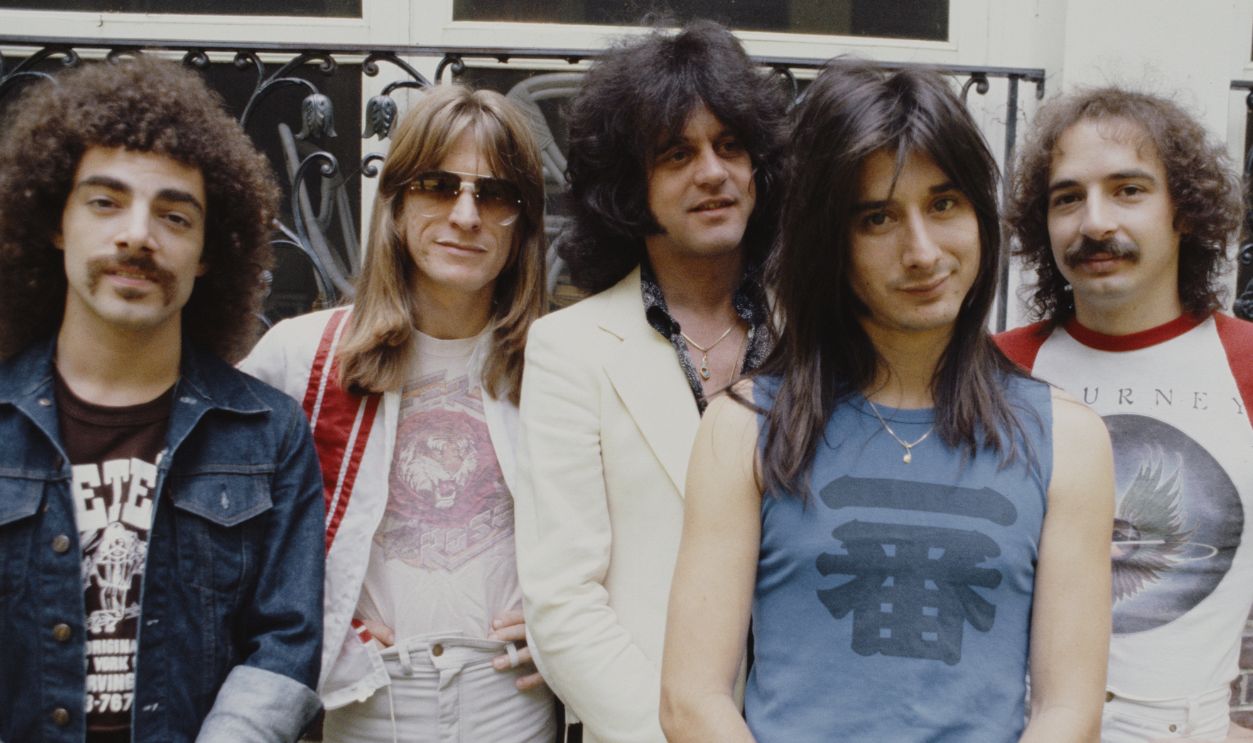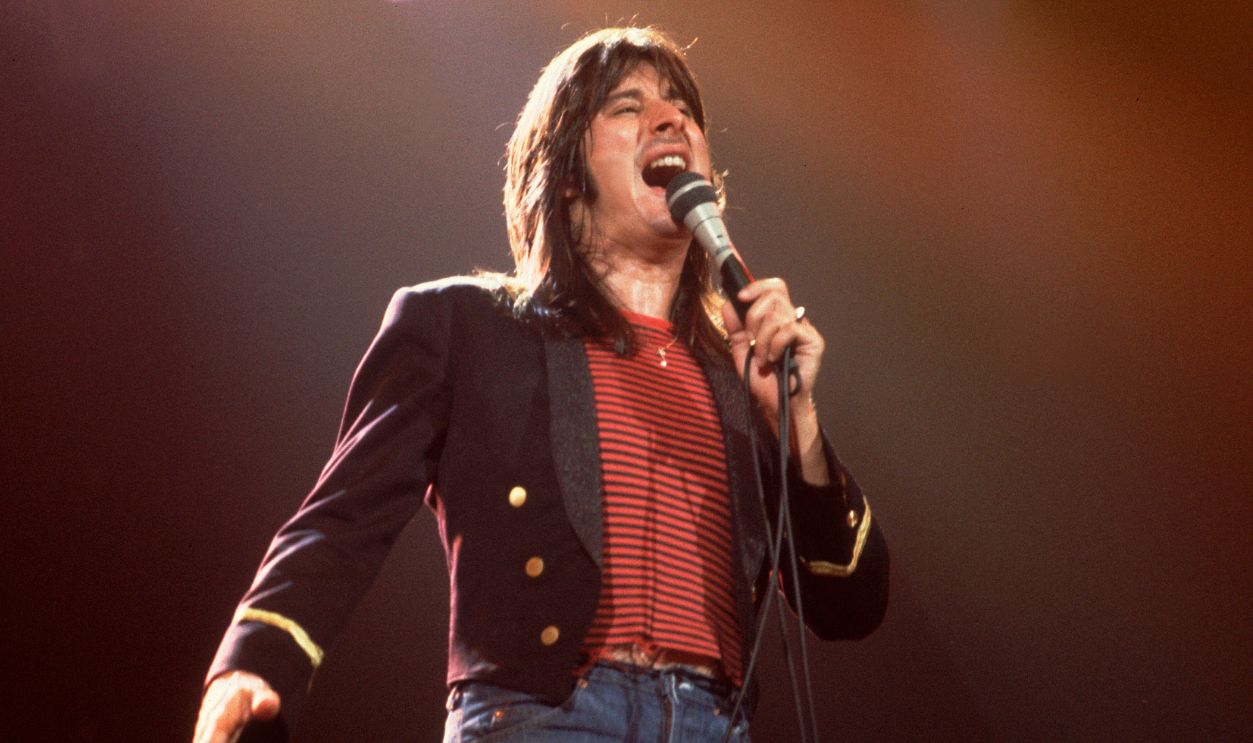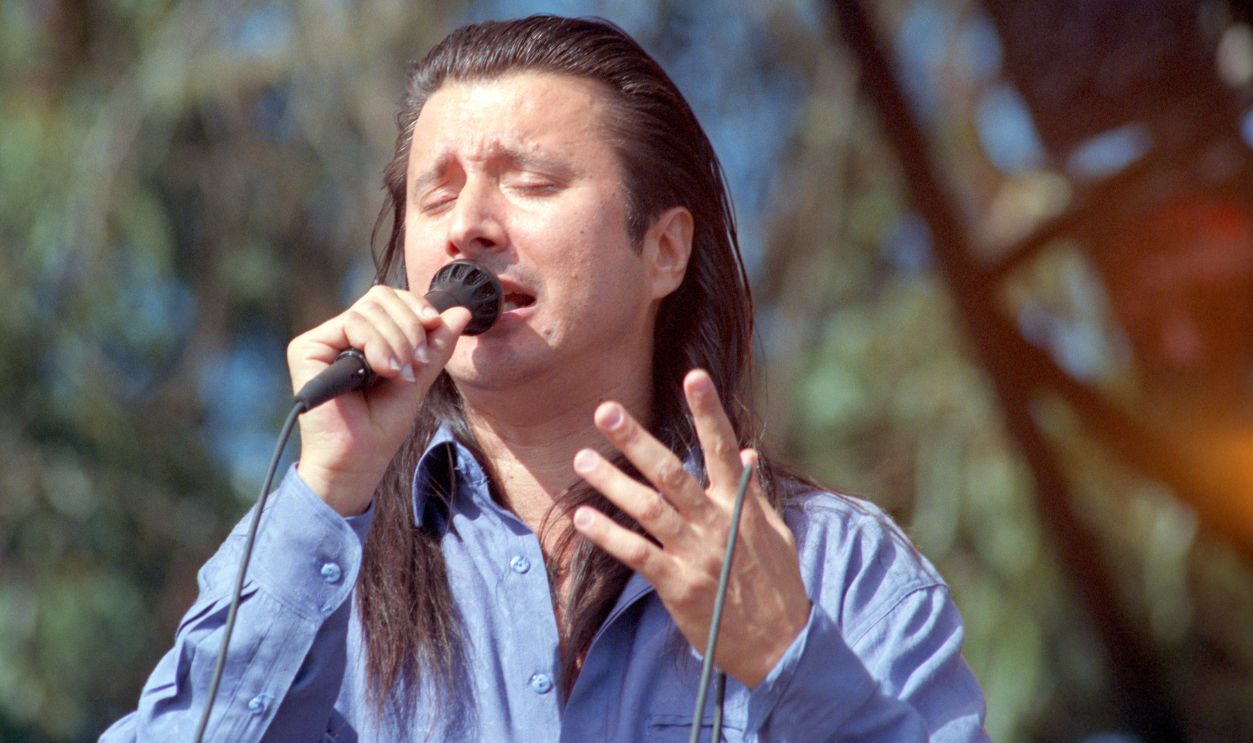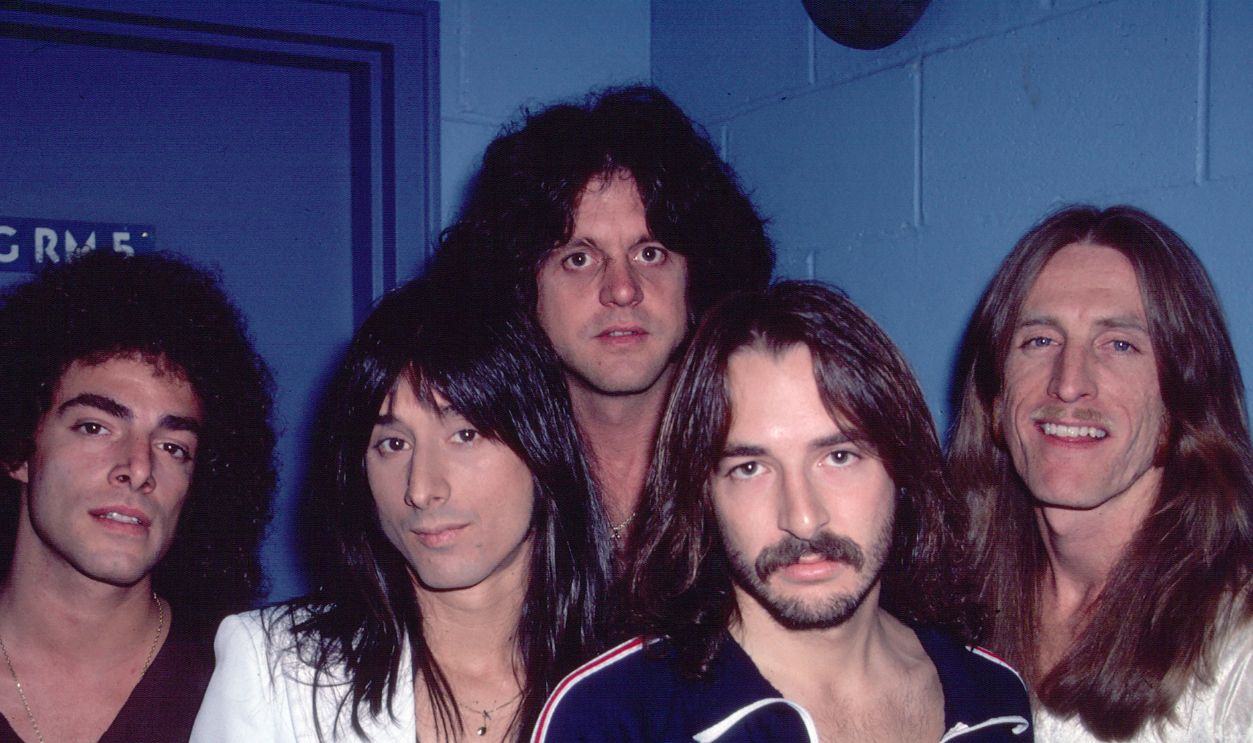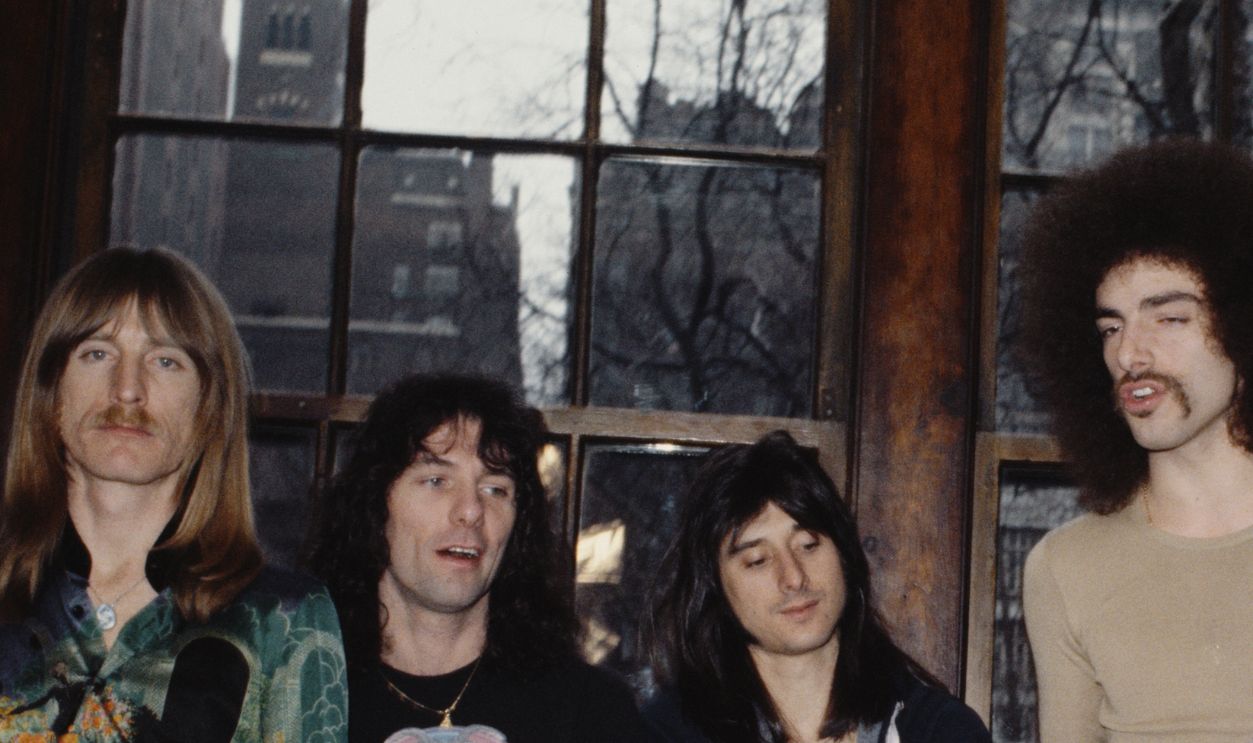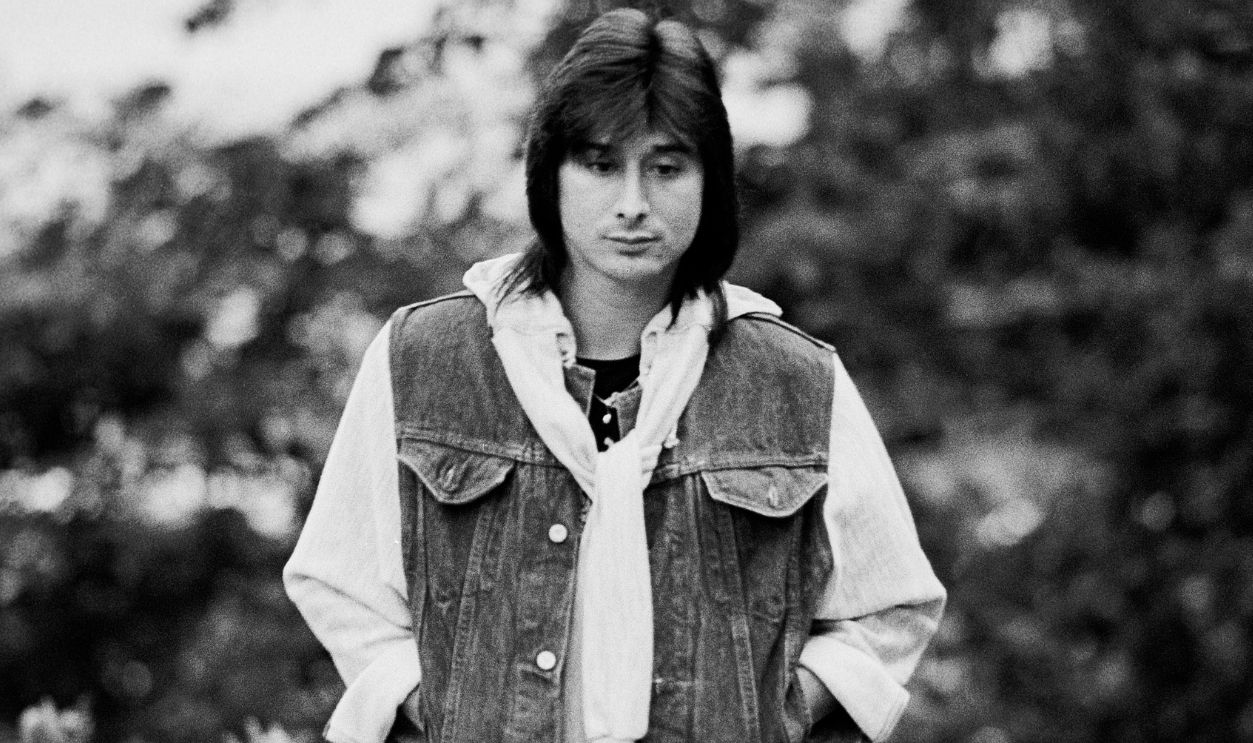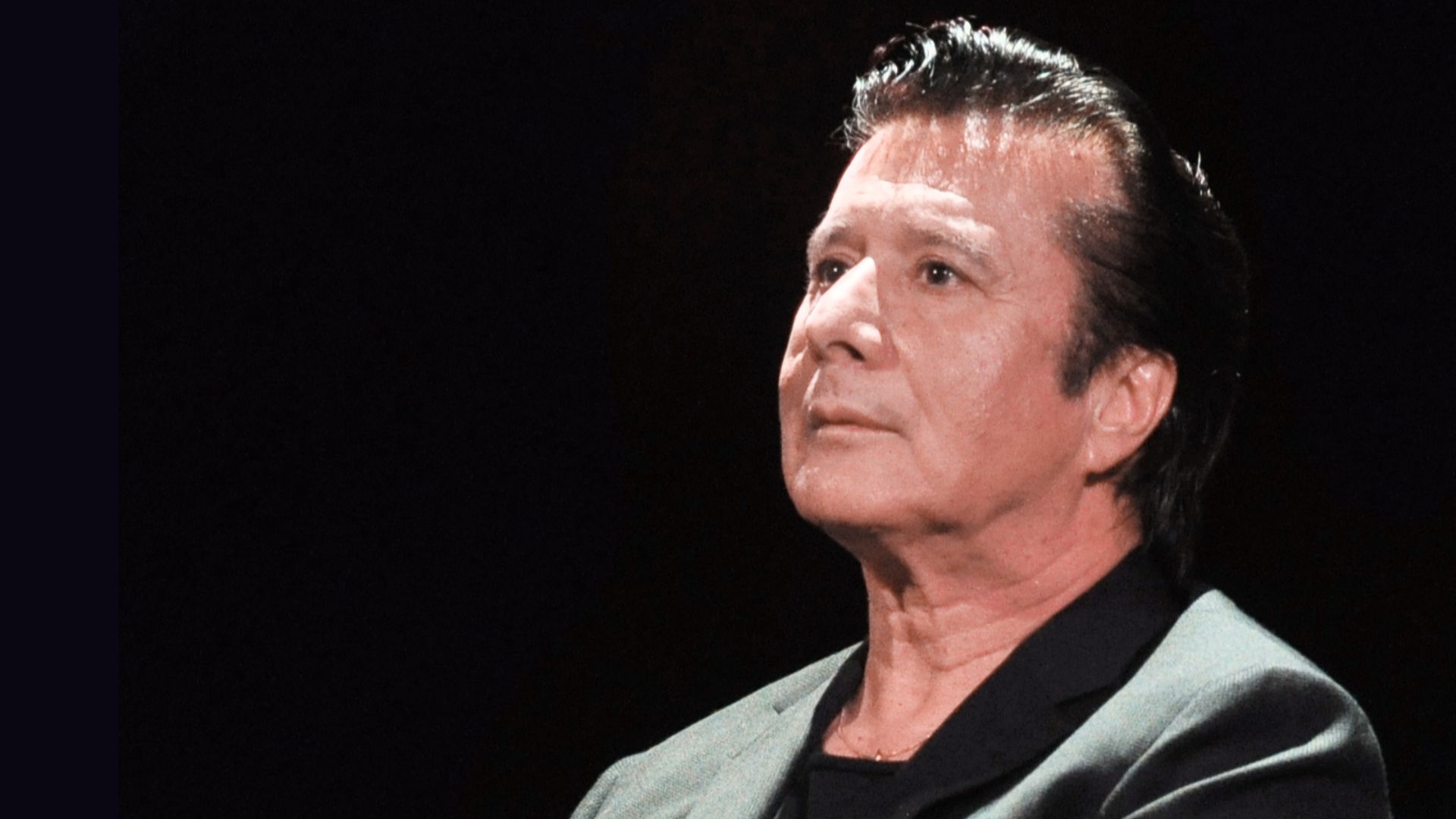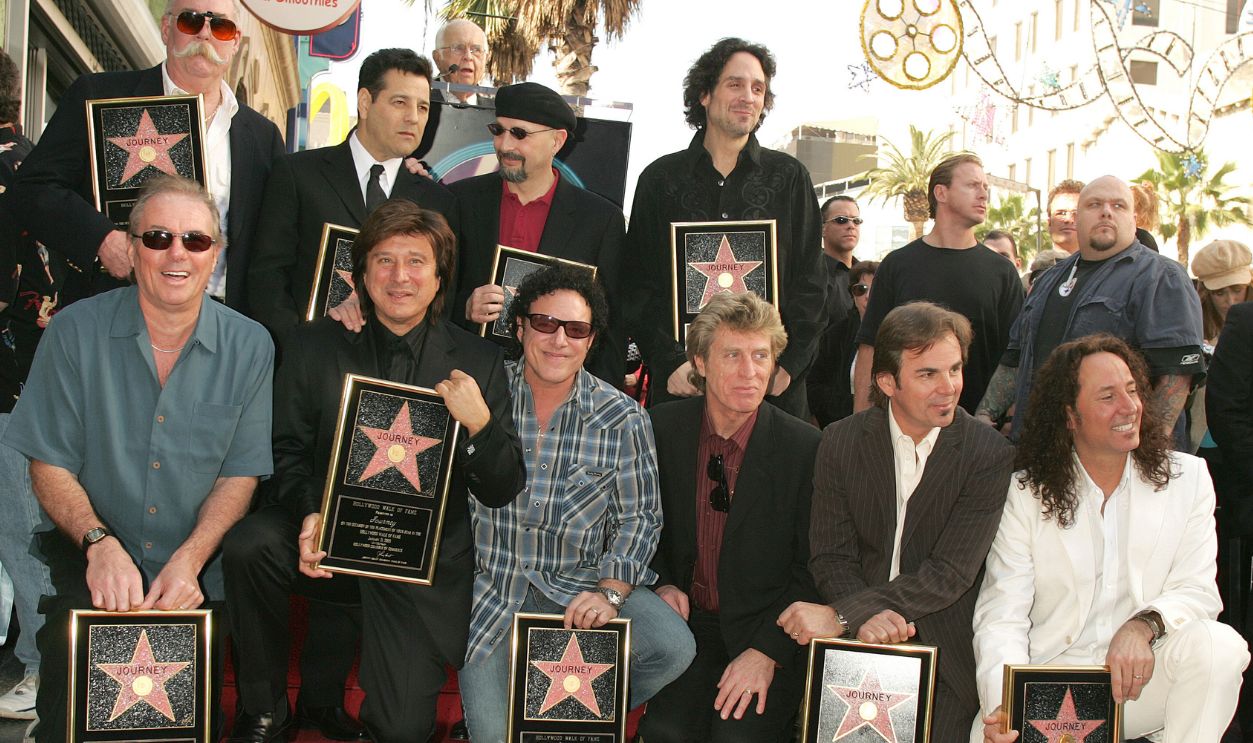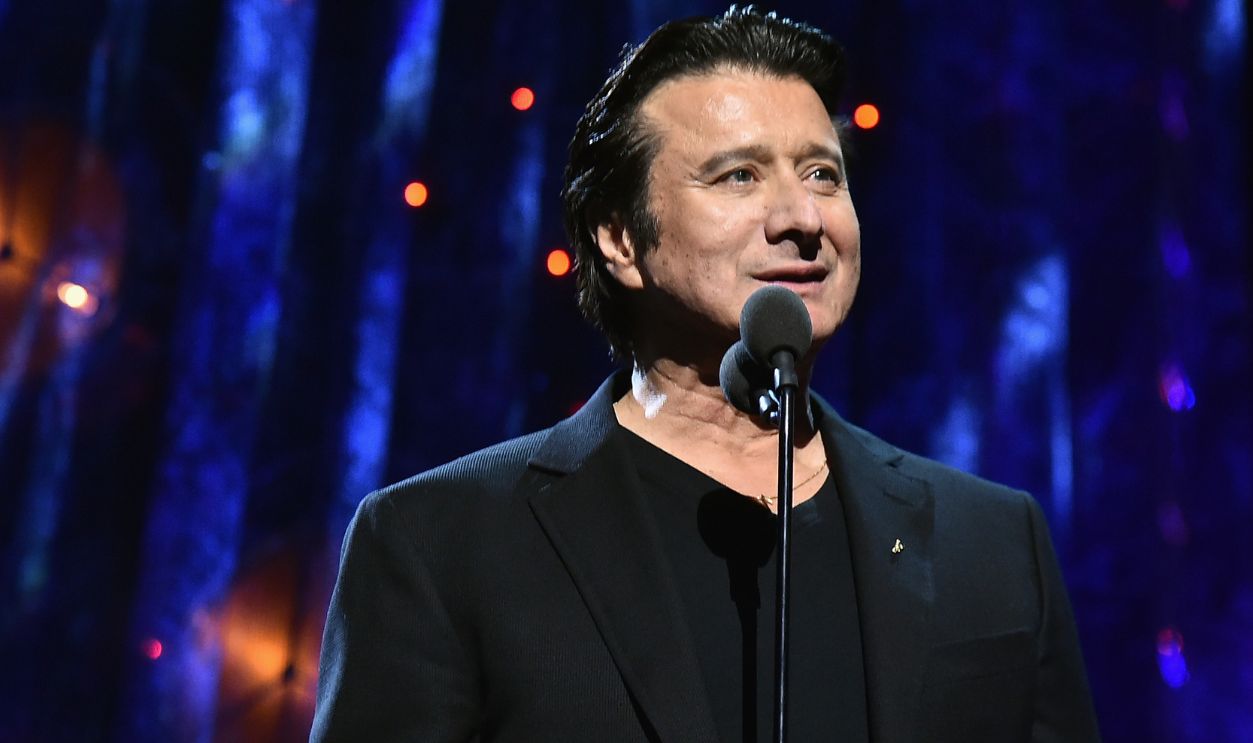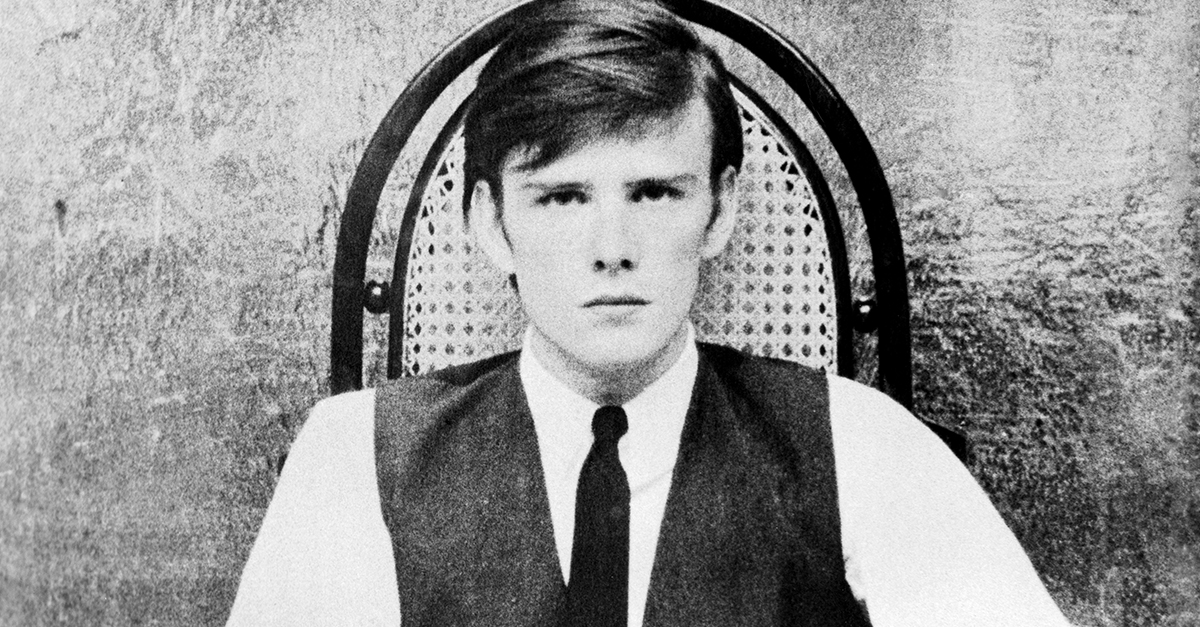The Voice Of Journey
Steve Perry’s powerful singing voice gave Journey its unmistakable sound, helping define arena rock in the late 1970s and 1980s. As the band’s frontman, Perry’s emotive voice powered hits like “Don’t Stop Believin’,” “Open Arms,” and “Faithfully.” But behind the success was a man of simple tastes who struggled with personal loss, artistic pressure, and health issues that would silence his voice at the peak of its powers.
Early Life In California
Born in Hanford, California in 1949, Stephen Perry was raised in a Portuguese-American family that was always involved in different kinds of music. His father was a singer and co-owned a radio station, and that rubbed off on Steve, who developed a lifelong love of singing. Though he was shy, Perry’s voice stood out early for its clarity and range.
Road To Journey
Before joining Journey, Perry spent several years chasing musical success with different California bands, including Ice and Alien Project. He got a big break in 1977 when Journey’s manager heard Perry’s demo and urged the band to give him a chance. Though they were initially reluctant, the band soon realized they had a singer on their hands that could lift them to stardom.
Journey’s Overhaul
With Perry on vocals, Journey evolved from a jazz-fusion outfit into one of the most successful melodic rock bands of their time. Their 1978 album Infinity, featuring hits like “Lights” and “Wheel in the Sky,” marked the start of a whole new era for the band. Perry’s dynamic vocals and sincere lyrics became the emotional core of the group’s sound.
 An Album in Review: Journey - Infinity, Tim's Vinyl Confessions
An Album in Review: Journey - Infinity, Tim's Vinyl Confessions
A Golden Era Of Arena Rock
During the late 70s and 80s, Journey became a cultural force. Albums like Escape (1981) and Frontiers (1983) produced timeless anthems that filled stadiums and topped charts. Perry’s incredible performances connected him with millions of fans. By the mid-80s his was one of the most recognizable voices in rock.
 Journey Escape Record Album Review [10 songs], Rokk Club
Journey Escape Record Album Review [10 songs], Rokk Club
The Pressure Of Fame
As Journey’s fame grew, the pressure of constant touring, creative differences, and commercial expectations began to take their toll. Perry was known for his perfectionism. He spent long hours refining his vocal tracks. But behind the scenes, he struggled with loneliness and exhaustion from the demands of rock stardom.
Strained Relationships With Bandmates
By the mid-80s, differences grew between Perry and other members of Journey, especially guitarist Neal Schon. The band’s direction became a source of disagreement among its members. Perry wanted them to move to a softer, more emotional sound, while the other musicians wanted the group to switch back to a harder rock edge. The creative differences strained friendships and tested loyalties.
Personal Loss And Heartbreak
In the midst of Journey’s success, Perry suffered devastating personal losses. His mother, Mary Quaresma, passed away during the recording of Frontiers. Her death left Perry emotionally shattered. He later said that a lot of his creative drive came from her early encouragement and belief in his abilities.
Solo Success And Creative Freedom
Perry took a break from Journey to explore solo work, releasing Street Talk in 1984. The album produced the hit single “Oh Sherrie,” written for his then-girlfriend Sherrie Swafford. The song became an instant classic as a showcase for Perry’s pop sensibility and heartfelt emotion.
 Steve Perry - Oh Sherrie, Steve Perry
Steve Perry - Oh Sherrie, Steve Perry
Leaving Journey
By the late 80s, Perry’s relationship with Journey had gone downhill. After the release of Raised on Radio in 1986, which he co-produced, he was getting tired of the pressures of touring and the band’s internal conflicts. In 1987, Journey went on a hiatus, and Perry stepped away from the spotlight completely.
Return And Sudden Departure
In 1996, Perry got back together with Journey to record Trial by Fire. The album sold well, but the band’s plans for a world tour were thrown off the rails when Perry suffered a serious hip injury while hiking in Hawaii. Perry refused to rush into the necessary surgery, and the band ultimately decided to go on without him. This was the decision that ended his time with Journey for good.
Health Issues And Withdrawal from Public Life
After leaving Journey, Perry became intensely private. He struggled with chronic pain from the injury and lingering fatigue, which made performing difficult. Beyond the physical challenges, he was dealing with the emotional burnout and grief from years of personal and professional strain.
Life Out Of The Spotlight
For nearly two decades, Steve Perry faded out of the public eye. Fans speculated from time to time on his whereabouts, while rumors of new music surfaced and sank away again. Perry later explained in interviews that he needed time to heal physically and emotionally, and that the demands of fame had left him feeling out of touch with ordinary life.
A Terrible Loss
In the 2010s, Perry opened up about his relationship with Kellie Nash, a psychologist who was battling cancer. Their love story had inspired him to write songs again, but when Nash passed away in 2012, Perry gave it up once more. This experience was devastating and life-changing, but his appetite to make music eventually returned.
Triumphant Return To Music
Perry appeared with his Journey bandmates at their induction ceremony at the Rock and Roll Hall of Fame in 2017. He didn’t perform though, out of respect for current Journey lead vocalist Arnel Pineda. It was a classy move by Steve. The following year Perry released Traces, his first solo album in almost 25 years. The record was a deeply personal reflection on love, loss, and renewal.
The Meaning of ‘Sherrie’ and Its Legacy
Perry’s 1984 hit “Oh Sherrie” remains one of his most beloved songs from that era, symbolizing both romantic passion and nostalgia for a simpler time. Even decades later, the song endures as a cultural touchstone for fans who grew up with Perry’s voice on their radios.
 Steve Perry - Oh Sherrie, Steve Perry
Steve Perry - Oh Sherrie, Steve Perry
Journey Without Perry
Journey continued without its iconic frontman, cycling through several replacement singers. While they were talented singers who did a great job, none of them could quite fully replicate Perry’s emotional depth and charisma. His departure left a void, even as the band continued performing its classic hits for fans around the world.
Why He Truly Left
Perry has since said that his decision to leave was more about self-preservation than conflict with band members. The constant grind of touring and personal losses had drained him. He wanted to find peace and reconnect with the enjoyment of simple living, even if it meant walking away from the band that symbolized his whole music career.
Public Perception And Redemption
For a lot of fans, Perry’s absence could never be filled. He continues to make music, but on his own terms. These sporadic returns include Christmas recordings and a notable duet with Dolly Parton on her cover of Journey’s “Open Arms” for her 2023 album, Rockstar.
Legacy And Influence
Steve Perry’s voice remains one of rock’s greatest instruments: powerful, emotive, and instantly recognizable. He continues to appear near the top of lists of the all-time great rock vocalists by fans and fellow musicians alike. Now that’s respect!
A Voice That Still Echoes
Steve Perry’s story is in some ways the familiar rock star saga of fame and fortune. But Perry’s willingness to walk away from it all is where he stands apart from the rest. Steve's life journey provides us with an interesting lesson about sorting out personal priorities and finding the quiet strength to walk your own path.
You May Also Like:



